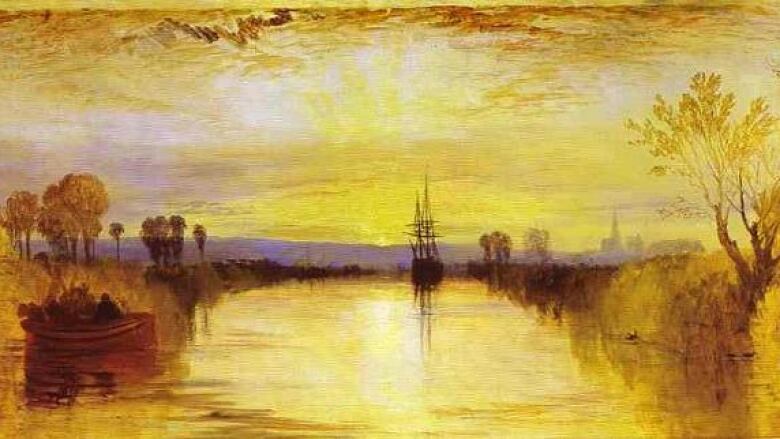What Frankenstein, Turner and climate change have in common

In April of 1815, Indonesia's Mount Tambora erupted, resulting in the deaths of thousands of people.
But the eruption also resulted in extreme weather events all over the world for several years. In fact, the following year, 1816, became known as 'the year without Summer'.
Among the hardest hit places were the New England states; 1816 was the 'Mackerel year'. It was so named because Tambora fundamentally altered the infrastructure of coastal fisheries. A new study by Karen Alexander, a Research Fellow at the University of Massachusetts in Amherst, explains how the alewife fish - the predominant fish prior to 1816 - was replaced by the mackerel which became more abundant after Tambora.
Mackerel were much better suited to the colder water temperature that resulted from the volcano. Even though alewives recovered in number 25 years later, they never returned in importance.
The researchers believe that given the increase in extreme weather events today, we can learn a lesson from the Mackerel year about the natural recovery time required by ecosystems.
Additional Links: